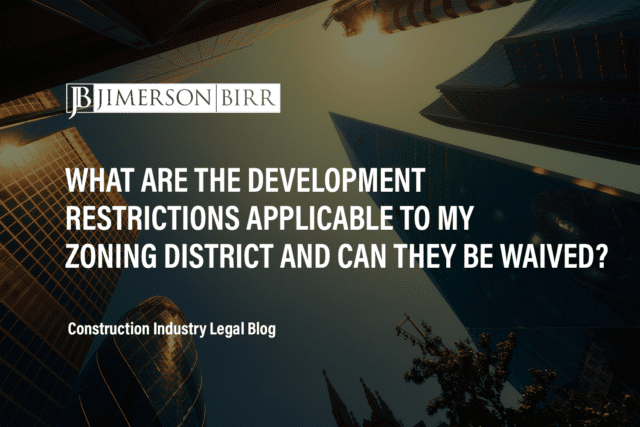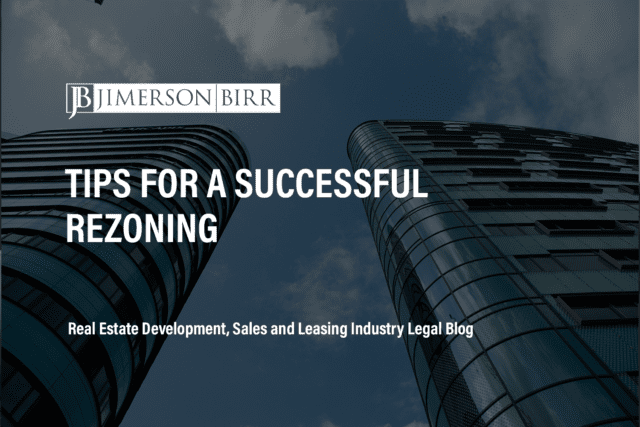How do sunshine and public records law compliance and litigation affect governmental entities?
Florida’s sunshine and public records laws wield significant influence, shaping the transparency and accessibility of government operations. Accordingly, these laws, rooted in ensuring accountability and fostering public trust, have a profound impact on Florida’s governmental entities.
At its core, Florida’s Sunshine Law mandates that meetings of governmental bodies be open to the public, allowing citizens insight into decision-making processes. Naturally, this transparency helps foster trust between the government and its constituents.
Florida’s Public Records Law, on the other hand, guarantees citizens access to certain governmental records, enabling them to scrutinize governmental actions and hold officials accountable. This ensures that information vital to the public interest remains accessible, empowering individuals to participate actively in civic affairs.
However, while these laws serve noble purposes, their implementation can sometimes lead to litigation. For example, governmental entities may face legal challenges regarding compliance with these laws. Litigation surrounding public records requests, meeting protocols, and access to governmental information underscores the importance of thorough compliance. Need help regarding Florida sunshine and public records law compliance and litigation? Schedule your consultation today with a top governmental entities attorney.
In Florida, which laws and regulations apply to sunshine and public records law compliance and litigation?
In Florida, several laws and regulations apply to Florida sunshine and public records law compliance and litigation, including: · Florida Sunshine Law: Aims to promote transparency in decision-making processes and foster public trust by mandating that meetings of governmental bodies be open to the public, with certain exceptions. · Florida Public Records Law: Guarantees individuals access to governmental records, subject to specific exceptions. · Federal Freedom of Information Act (FOIA): Complements Florida’s laws by providing access to certain federal agency records.
What are common issues regarding Florida’s sunshine and public records laws that lead to litigation?
The following issues are among the most common in actions regarding Florida sunshine and public records laws:
· Inadequate Recordkeeping: Governmental entities may fail to maintain proper records, such as minutes of meetings, leading to disputes over the availability and accessibility of information during litigation.
· Improper Response to Public Records Requests: Mishandling public records requests, including delays or incomplete responses, can result in allegations of non-compliance and subsequent legal action.
· Failure to Understand Exemptions: Governmental entities may misinterpret exemptions to the Public Records Law, leading to inadvertent disclosure of sensitive information or wrongful denial of legitimate requests.
· Non-Compliance with Meeting Notice Requirements: Failure to provide proper notice for public meetings, including agendas and locations, can invalidate proceedings and trigger legal challenges.
· Improper Handling of Closed Sessions: Conducting closed sessions improperly or discussing unauthorized topics can violate the Sunshine Law, inviting litigation over transparency violations.
· Lack of Training and Awareness: Insufficient training and awareness among employees regarding sunshine and public records laws can result in inadvertent violations and subsequent legal repercussions.
We are value-based attorneys at Jimerson Birr, which means we look at each action with our clients from the point of view of costs and benefits while reducing liability. Then, based on our client’s objectives, we chart a path to seek appropriate remedies. To determine whether your unique situation may necessitate litigation, please contact our office to set up your initial consultation.
What steps should governmental entities take to minimize the risk of litigation over Florida’s sunshine and public records laws?
To minimize the risk of litigation over Florida sunshine and public records laws, governmental entities can implement the following strategies:
· Develop Comprehensive Policies: Establish clear policies and procedures for recordkeeping, public records requests, meeting notices, and closed sessions to ensure compliance with relevant laws.
· Provide Training and Education: Conduct regular training sessions to educate employees about their obligations under sunshine and public records laws, emphasizing the importance of adherence to legal requirements.
· Designate a Compliance Officer: Appoint a dedicated compliance officer responsible for overseeing sunshine and public records law compliance, monitoring adherence to policies, and addressing any compliance issues promptly.
· Maintain Accurate Records: Implement robust recordkeeping systems to ensure the accurate creation, maintenance, and retrieval of records in accordance with legal requirements, facilitating timely responses to public records requests.
· Conduct Regular Audits: Periodically audit internal processes and procedures to identify areas of non-compliance or potential vulnerabilities, taking corrective action to mitigate risks and enhance compliance efforts.
· Seek Legal Counsel: Consult with experienced legal professionals specializing in sunshine and public records law to seek guidance on compliance matters, interpret legal requirements accurately, and address any legal challenges effectively.
Frequently Asked Questions
Are there any exemptions to the Florida Sunshine Law?
Yes, the Florida Sunshine Law includes exemptions for certain types of meetings and records, such as discussions of certain pending litigation or security measures. However, these exemptions are narrowly construed, and governmental entities must carefully assess whether they apply in specific circumstances.
What are the potential penalties for non-compliance with Florida sunshine and public records laws?
Non-compliance with Florida sunshine and public records laws can result in various penalties, including civil fines, attorney’s fees, court-ordered compliance, and reputational damage. Additionally, repeated or willful violations may lead to more severe consequences, including criminal charges against responsible individuals.
Can a governmental entity charge fees for providing public records?
Yes, governmental entities are typically permitted to charge fees for providing public records. However, fees must be reasonable, cannot be used to discourage or impede access to public records, and must otherwise comply with applicable limits.
Have more questions about a situation related to Florida’s sunshine or public records laws?
Crucially, this overview of Florida sunshine and public records law compliance and litigation does not begin to cover all the laws implicated by this issue or the factors that may compel the application of such laws. Every case is unique, and the laws can produce different outcomes depending on the individual circumstances.
Jimerson Birr attorneys guide our clients to help make informed decisions while ensuring their rights are respected and protected. Our lawyers are highly trained and experienced in the nuances of the law, so they can accurately interpret statutes and case law and holistically prepare individuals or companies for their legal endeavors. Through this intense personal investment and advocacy, our lawyers will help resolve the issue’s complicated legal problems efficiently and effectively. Having a Jimerson Birr attorney on your side means securing a team of seasoned, multi-dimensional, cross-functional legal professionals. Whether it is a transaction, an operational issue, a regulatory challenge, or a contested legal predicament that may require court intervention, we remain tireless advocates at every step. Being a value-added law firm means putting the client at the forefront of everything we do. We use our experience to help our clients navigate even the most complex problems and come out the other side triumphant.
If you want to understand your case, the merits of your claim or defense, potential monetary awards, or the amount of exposure you face, you should speak with a qualified Jimerson Birr lawyer. Our experienced team of attorneys is here to help. Call Jimerson Birr at (904) 389-0050 or use the contact form to schedule a consultation.

We live by our 7 Superior Service Commitments
- Conferring Client-Defined Value
- Efficient and Cost-Effective
- Accessibility
- Delivering an Experience While Delivering Results
- Meaningful and Enduring Partnership
- Exceptional Communication Based Upon Listening
- Accountability to Goals











